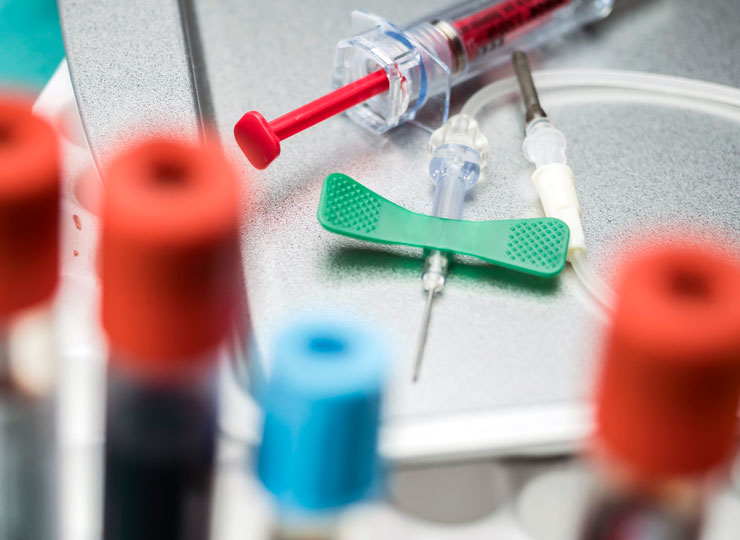
October 2, 2019
Anemia, a common condition in the elderly marked by low levels of hemoglobin, the oxygen-carrying component of red blood cells, may increase the risk of Alzheimer’s disease and other forms of dementia. High levels of hemoglobin in your blood may carry similar risks, a new study shows.
“With around 10 percent of people over age 65 having anemia in the United States, these results could have important implications for the burden of dementia, especially as the prevalence of dementia is expected to increase threefold over the next decades,” said study author M. Arfan Ikram of Erasmus Medical Center in Rotterdam, the Netherlands. Rates of anemia are even higher in many countries, which could have important implications for future rates of Alzheimer’s disease worldwide.
For the study, published in Neurology, researchers looked at 12,305 men and women who were free of dementia at the start of the study. Over the next 12 years, 1,520 of them developed dementia, including 1,194 who were given a diagnosis of Alzheimer’s disease.
People with anemia were 41 percent more likely to develop Alzheimer’s disease and 34 percent more likely to develop any type of dementia than those who did not have anemia, the researchers found. Of the 745 people with anemia, 128 developed dementia, compared to 1,392 of the 11,560 people who did not have anemia.
People with high levels of hemoglobin were also more likely to develop dementia. Those with the highest hemoglobin levels were 20 percent more likely to develop dementia than those with average hemoglobin levels. The hemoglobin risk persisted even after researchers adjusted for other factors that could affect the risk of dementia, such as smoking, high blood pressure, high cholesterol and alcohol use.
The study does not prove that anemia or high levels of hemoglobin can be a cause of Alzheimer’s disease or other forms of dementia, only that there is a link between the two. It will be interesting to see if future studies will also address the possibility that hemoglobin level could be used as a biomarker for Alzheimer’s. Abnormal hemoglobin levels are tied a variety of health problems as well as early death, and dementia may be one of many problems that may arise as a result.
“More research is needed to determine whether hemoglobin levels play a direct role in this increased risk or whether these associations can be explained by underlying issues or other vascular or metabolic changes,” Dr. Ikram said.
Other studies have suggested a link between anemia and a more rapid decline in thinking and memory skills with age, though study results have been mixed. Anemia has also been linked to mild cognitive impairment, a form of memory loss that may progress to Alzheimer’s disease. Anyone with memory problems should be tested for anemia, experts advise.
Anemia is sometime caused by deficiencies of vitamin B12, low levels of which have also been linked to Alzheimer’s disease. Anemia is also often caused by low levels of iron, a key component of hemoglobin that directly binds oxygen and is critical for oxygen distribution throughout the body, including the brain.
It’s unknown whether prompt treatment of anemia may help to prevent dementia onset. But anemia is often readily treatable, and treatment can relieve symptoms such as fatigue, dizziness and shortness of breath.
Older adults should seek medical attention if they suspect they have anemia, because anemia can be a sign of serious illnesses. You may be able to prevent some types of anemia by eating a heart-healthy and varied diet, something that may also help to keep the brain healthy.
By ALZinfo.org, The Alzheimer’s Information Site. Reviewed by Marc Flajolet, Ph.D., Fisher Center for Alzheimer’s Research Foundation at The Rockefeller University.
Frank J. Wolters, PhD, Hazel I. Zonneveld, MD, Silvan Licher, MD, et al: “Hemoglobin and anemia in relation to dementia risk and accompanying changes on brain MRI.” Neurology. July 31, 2019.











